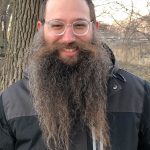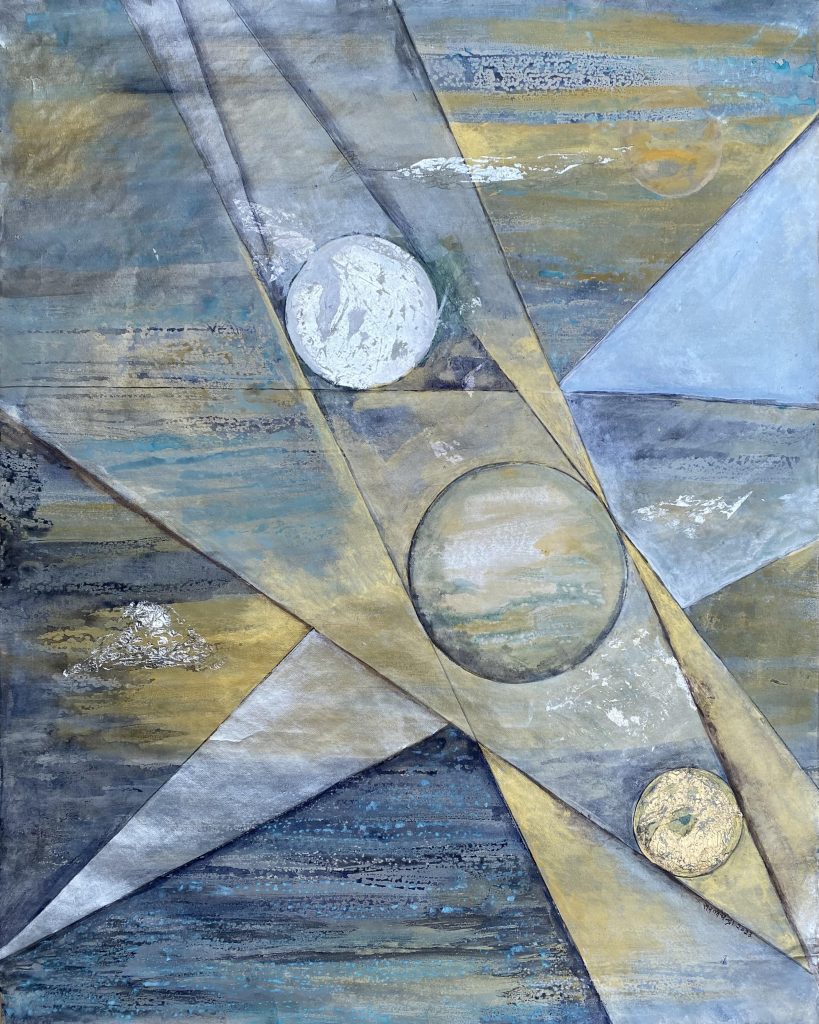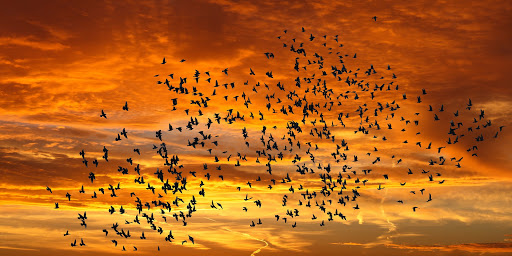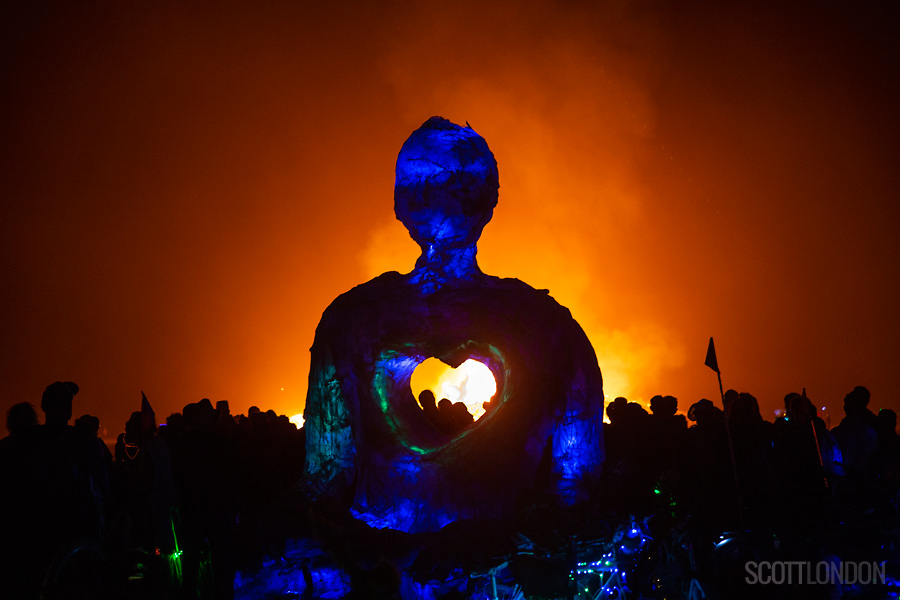In the dream, my father reprimanded me for wearing earmuffs indoors | For My Son
In the dream, my father reprimanded me for wearing
earmuffs indoors
Had I reminded him
of the crumbling house,
Lenox Road, Brooklyn—
him and his three sisters sleeping
in their coats, December-February?
His father drifting from work
at one factory to another,
a stint as “head engineer”
at the Now and Later Toffee Warehouse?
Had my subconscious created the perfect scenario
to irk him? Erased the late-night hours
he’d spent under the library fluorescents?
In the dream, my father parked the blue station wagon
in the garage behind the house
and walked up the icy path,
having performed a tricky, all-night
breech delivery.
I sat at the kitchen table,
enveloped in my baseball-card-fruity-pebbles-childhood,
oblivious to a father coming in from the cold,
shouting to his son
to remove his earmuffs
and face life’s cantankerous music.
Seeing I did not hear,
he removed his dark overcoat
and ascended the stairs.
For My Son
I.
In the picture of you at school,
you stare out from the opening
of an enormous box you’ve constructed
out of wooden blocks.
What does life have in store for you?
Sometimes, you drift for long moments
into your own imagination.
Those calling to you may as well be calling
from a country across the ocean. First son,
quiet boy with a large forehead
and accommodating temperament.
Today, I read a poem about a man whose father
broke his promise to take him fishing
when the man was young,
his father dying never having fulfilled his promise,
and the son’s disappointment—
and later his recognition that we want to live up to our words
but the complicated life interjects.
What passes between father and son
and what is not passed and is, therefore, lost?
II.
Once, walking home from synagogue,
snow descending on the Squirrel Hill streets,
my father said, A person can speak to another person
but cannot experience what it means
to be the other person.
The essence is not transferable.
I can’t imagine you—as you are now––
ever wondering about this.
Chassidus says the father does
transfer the essence to the child
via his seed. And this is unlike transfer of wisdom
or sharing of thoughts.
It’s creation of a new entity, almost
out of nothingness.
It’s the sobering presence of the other being.
There you are in the picture,
staring out of the opening in the box.
A great builder, an imaginative boy.
III.
Sometimes, we learn Torah together.
And I don’t understand how it is
that I’ve come to sit at the little black table
in the guest room with you,
studying Mishnayos—
I, who only later decided this meant something,
that it is, in fact, all of life.
Chassidus is the literature and philosophy of the Chassidic movement, a branch of Judaism founded by the Baal Shem Tov in the 18th century. Rooted in Jewish mysticism, Chassidus emphasizes the presence of the Divine in the physical world.
Mishnayos is the plural form of Mishna, the foundational text of Jewish Oral Law, which was later expanded upon and elucidated in the Talmud.






